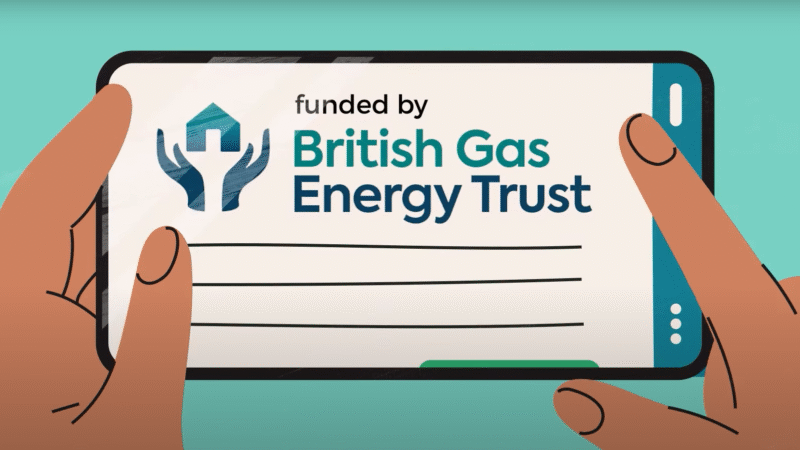Dual Diagnosis: Co-occurring Mental Health Disorders and Alcohol Addiction

Introduction
The complexity of the human mind means that often, issues don’t exist in isolation. For many individuals, the challenges of mental health disorders and alcohol addiction overlap, leading to what professionals term “dual diagnosis.” Unraveling this intricate relationship requires a deeper understanding of both conditions and their interconnectedness.
Understanding Dual Diagnosis
What Is It?
At its core, a dual diagnosis occurs when an individual simultaneously grapples with a mental health disorder, like depression or anxiety, alongside a substance use disorder, often involving alcohol.
The National Survey on Drug Use and Health suggests that over 9 million U.S. adults experienced both mental health and substance use disorders in a single year.
How Alcohol and Mental Health Disorders Intersect
1. Self-Medication
Many individuals with undiagnosed or untreated mental health conditions might turn to alcohol as a way to cope or self-medicate. While it may provide temporary relief, it often exacerbates the mental health issue in the long run.
2. Heightened Vulnerability
Having a mental health disorder can increase one’s susceptibility to developing an addiction. For instance, someone with anxiety might consume alcohol to feel calmer, leading to dependency over time.
3. Biochemical Factors
Alcohol affects neurotransmitters in the brain which are often already imbalanced in individuals with mental health disorders. This can intensify symptoms or even trigger new ones.
According to the American Addiction Centers nearly one-third of individuals with all types of mood disorders also struggle with alcoholism.
Challenges of Treating Dual Diagnosis
1. Interlinked Symptoms
Because the symptoms of alcohol addiction and mental health disorders can be so entwined, it becomes challenging to discern where one ends and the other begins. This makes diagnosis and treatment multifaceted.
2. Stigma
There’s still a significant stigma attached to both mental health disorders and alcohol addiction. When both are present, individuals may feel even more isolated or misunderstood.
3. Lack of Integrated Treatment Options
While there are myriad treatments available for both conditions, finding centers or professionals equipped to handle dual diagnosis is not always straightforward.
A Holistic Approach to Treatment
1. Integrated Care
The most effective treatments for dual diagnosis involve an integrated approach, where both the mental health disorder and alcohol addiction are addressed concurrently.
2. Personalized Therapies
Given the uniqueness of each individual’s experience, treatments should be tailored. This might involve cognitive-behavioral therapy to address underlying mental health issues combined with detox and rehab for alcohol addiction.
3. Support Systems
The journey through dual diagnosis treatment isn’t one to be taken alone. Support from loved ones, coupled with group therapies and community resources, can be invaluable.
A study from the Journal of Substance Abuse Treatmentfound that individuals with co-occurring disorders who received integrated treatment were more likely to remain abstinent from alcohol and drugs.
Conclusion
Facing a dual diagnosis of mental health disorders and alcohol addiction is undeniably challenging, but with awareness, comprehensive treatment, and support, recovery is within reach. As the understanding of this intertwined relationship deepens, so too will the avenues for healing and hope.
Sources:
1. National Survey on Drug Use and Health. “Co-occurring Mental Health and Substance Use Disorders”.
2. American Addiction Centers. “The Relationship Between Mental Health and Addiction”.
3. Journal of Substance Abuse Treatment. “Integrated Treatment for Co-occurring Disorders”.






